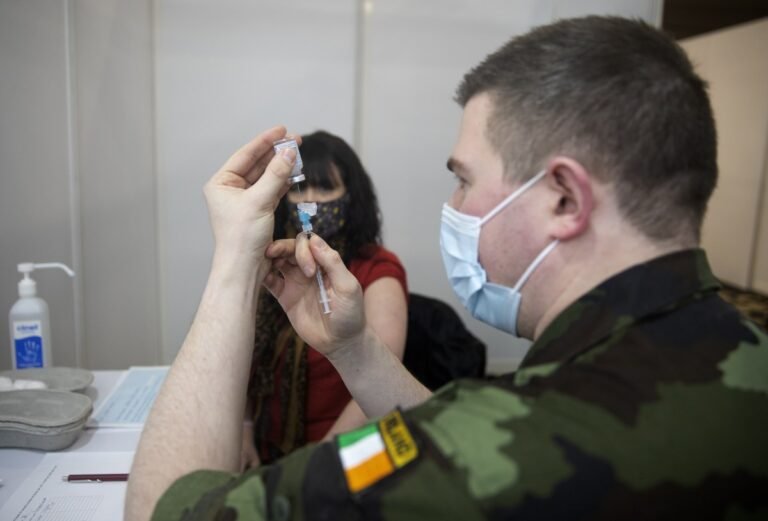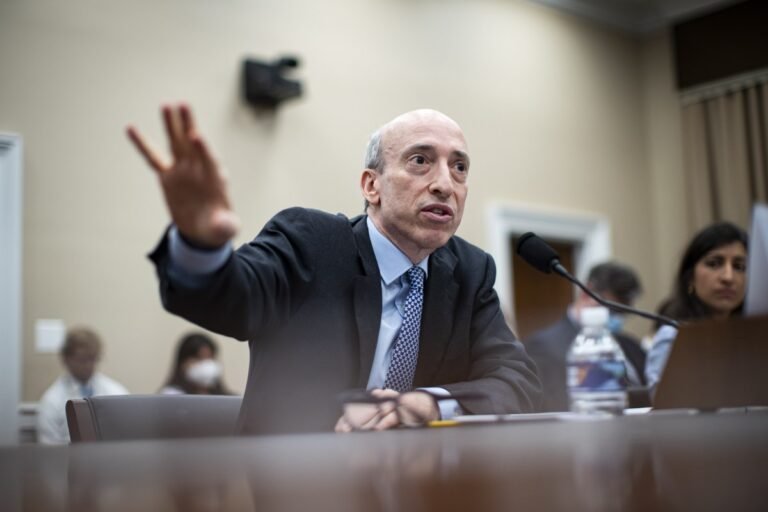“2-Year Delay in Public Disclosure of COVID-19 Vaccination Records Due to Irish Government Website Glitch”

A bug in an Irish government website that exposed COVID-19 vaccination records took two years to publicly discloseThe Irish government fixed a vulnerability two years ago in its national COVID-19 vaccination portal that exposed the vaccination records of around a million residents.
But details of the vulnerability weren’t revealed until this week after attempts to coordinate public disclosure with the government agency stalled and ended.
Security researcher Aaron Costello said he discovered the vulnerability in the COVID-19 vaccination portal run by the Irish Health Service Executive (HSE) in December 2021, a year after mass vaccinations against COVID-19 began in Ireland.
Costello’s public disclosure marks more than two years since first reporting the vulnerability.
His blog post included a multi-year timeline revealing a back and forth between various government departments that were unwilling to take claim to public disclosure.






